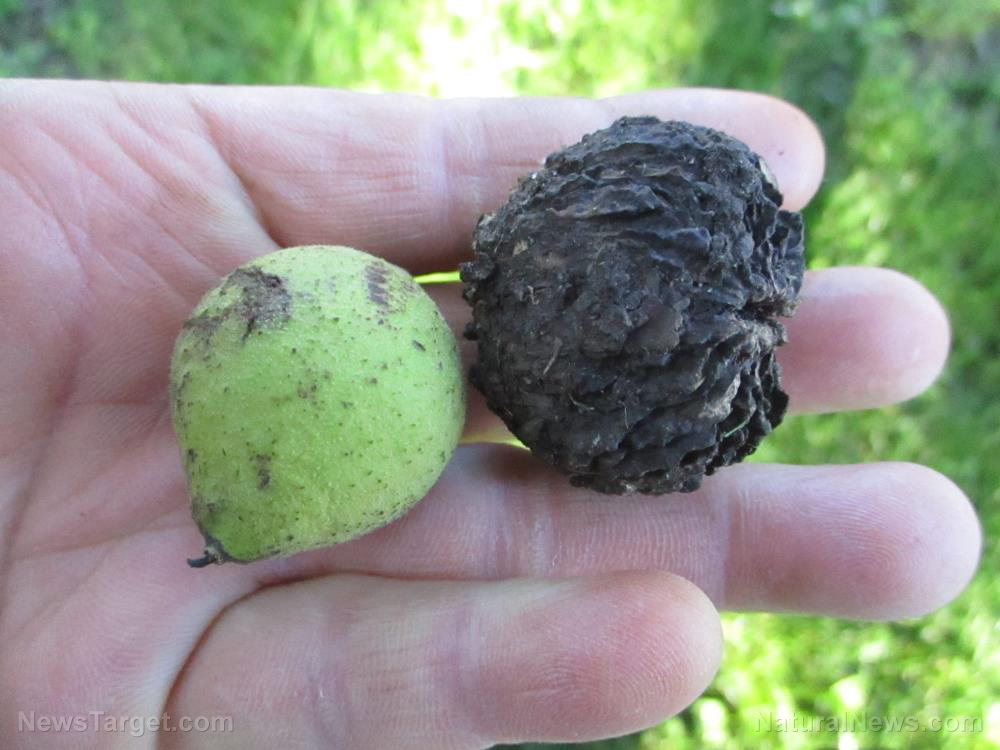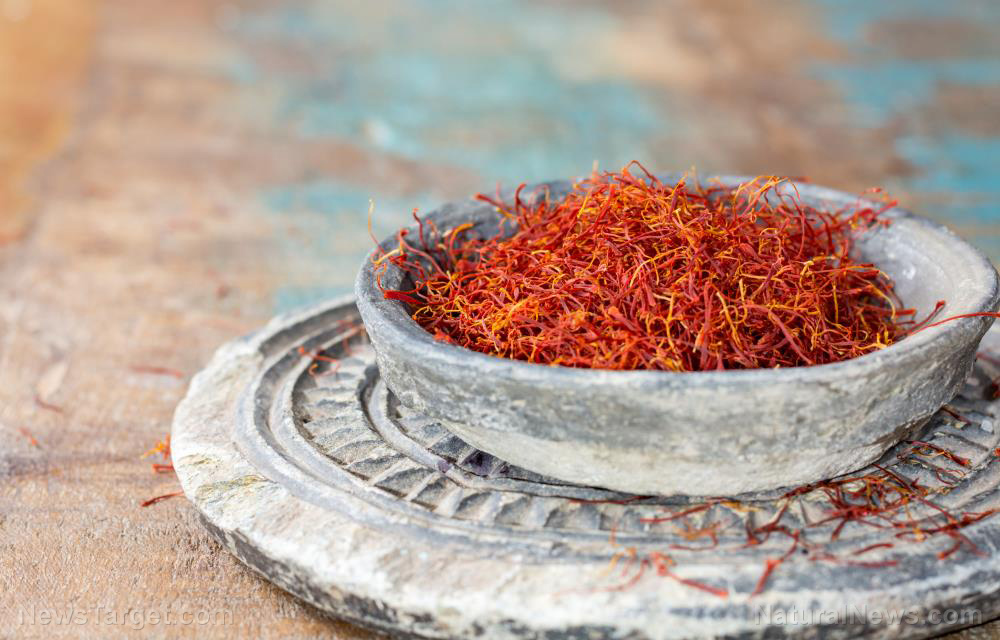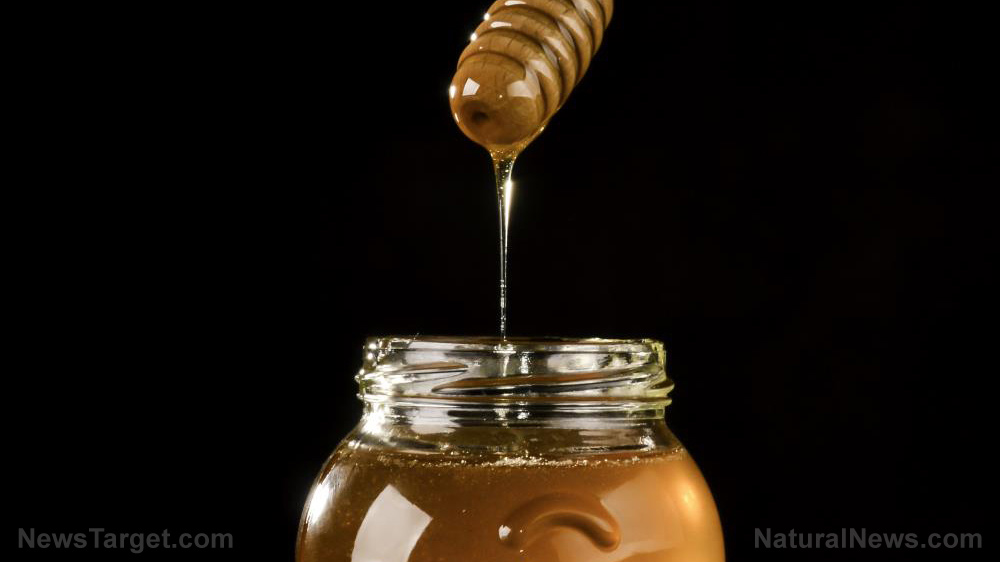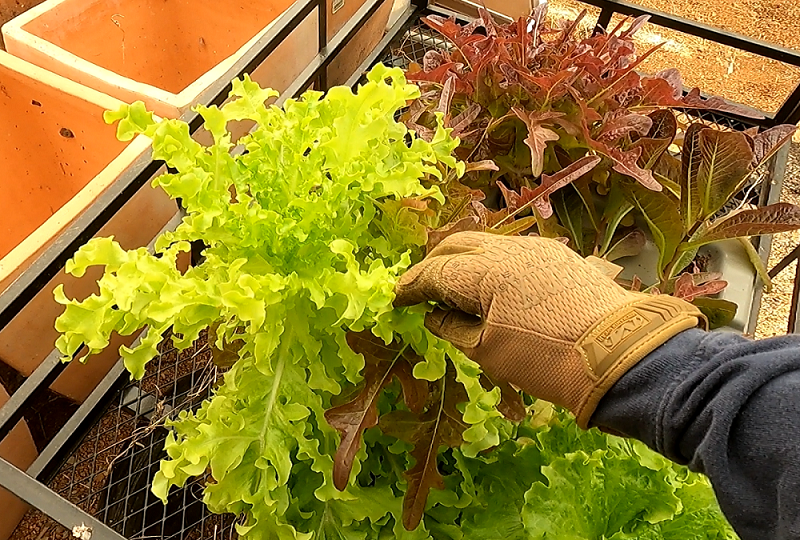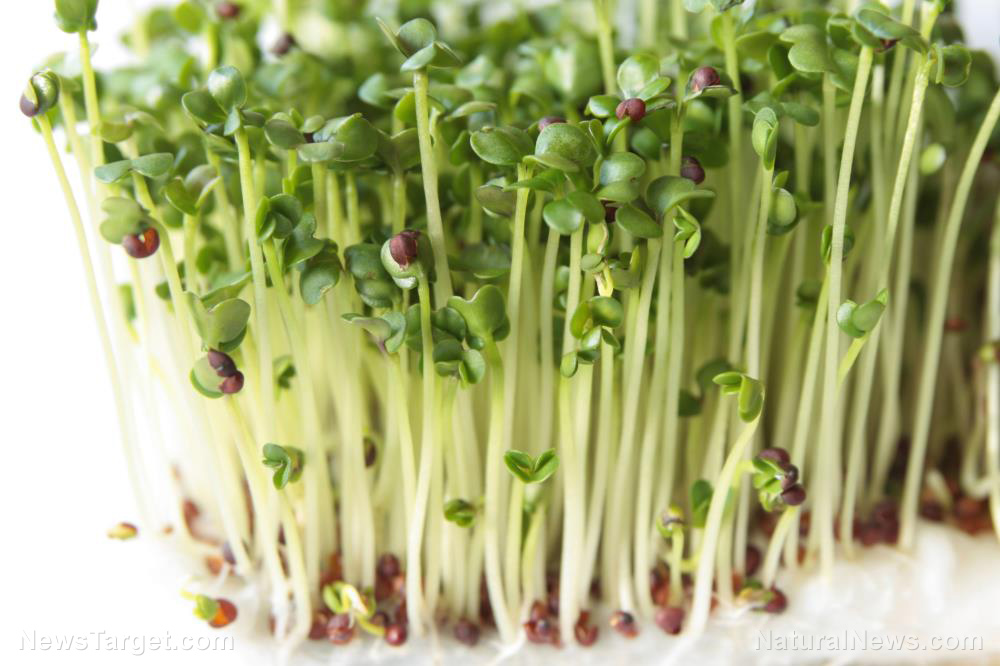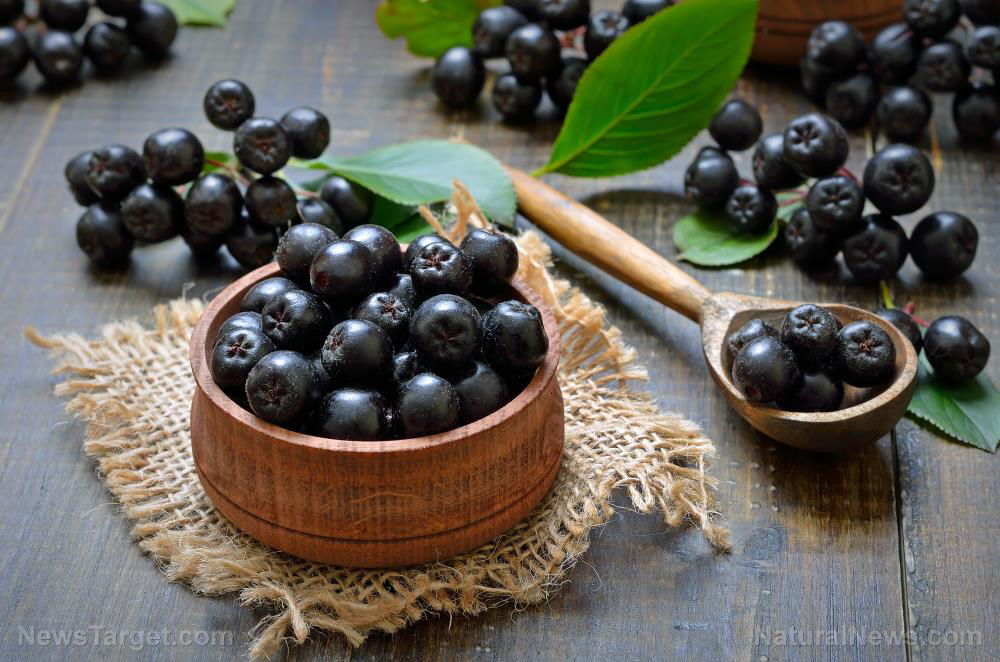4 Reasons to switch to honey, a natural sweetener with amazing benefits
02/03/2022 / By Arsenio Toledo

One great superfood families should not run out of is honey. Not only is it a delicious and nutritious food that can be used in many healthy recipes, but honey also comes with some wonderful health benefits.
Consuming honey is beneficial to your health as it can do the following: (h/t to MindBodyGreen.com)
Support gut health
Honey does amazing stuff to a person’s gut. A recent review of honey’s use in complementary medicine published in the journal Integrative Medicine Insights found that honey has prebiotic properties. These properties help beneficial bacteria ferment in the gut, helping the body develop stronger immune functions.
This wonderful superfood is also used to treat digestive issues like diarrhea. It’s even proven to be effective as a treatment to deal with the presence of Helicobacter pylori bacteria, a common cause of stomach ulcers. (Related: Honey: The ultimate survival food that doesn’t expire.)
Prove antioxidants
Raw honey contains a range of compounds that act as antioxidants. Some of these compounds include phytochemicals like flavonoids and ascorbic acid, more commonly known as vitamin C.
These antioxidants help neutralize free radicals, which contribute to the aging process and the development of chronic diseases. In fact, scientists have found that by having a diet rich in antioxidant-filled foods like honey, a person can reduce his or her risk of developing chronic diseases like cancer, heart disease and type 2 diabetes.
Help control inflammation
The phenolic compounds in honey make it a great antioxidant. These compounds are also great at controlling inflammation. Research shows that these properties can help reduce inflammation in tissues in the lung, throat and even the brain. One review found that raw honey contains ingredients that fight inflammation in the hippocampus, the part of the brain that deals with memory.
A study published in Nutrients found that the anti-inflammatory properties in honey help prevent atherosclerosis, or when the arteries harden due to fat, cholesterol and other substances build up in the walls of the arteries.
Act as an antimicrobial
Honey is a powerful natural antimicrobial agent. It contains an enzyme that produces hydrogen peroxide, an antiseptic. It also has a low pH level. This means honey can help kill harmful bacteria and fungi in the body. It can also prevent the growth of yeast or bacteria.
These properties also make honey great for helping wounds heal. Research shows that honey can be used as a wound-healing dressing for minor cuts and burns because of its antibacterial, antimicrobial, antioxidant and anti-inflammatory properties. Honey’s acidic nature also helps release oxygen from the wound and promote healing.
Eating raw honey is not without its risks. Raw and dirty honey can contain harmful bacteria that cause botulism, a rare but serious illness that can exhibit symptoms similar to food poisoning, including vomiting, nausea and fever.
Infants below the age of one and people with weakened immune systems are also at a higher risk of getting sick from eating raw honey.
More related articles:
Can you use manuka honey to treat wounds?
More than honey: Honeycomb products with powerful natural health benefits.
Honey is medicine: 4 Scientifically proven perks to using Nature’s sweetener.
What happens to your body when you begin drinking honey every day?
Watch this video to learn more about manuka honey, a powerful superfood that can only be found in New Zealand and certain parts of Australia.
This video is from the Natural News channel on Brighteon.com.
Learn more about the powerful properties of honey at Bees.news.
Sources include:
Submit a correction >>
Tagged Under:
This article may contain statements that reflect the opinion of the author
RECENT NEWS & ARTICLES
COPYRIGHT © 2017 SUPERFOODS NEWS


